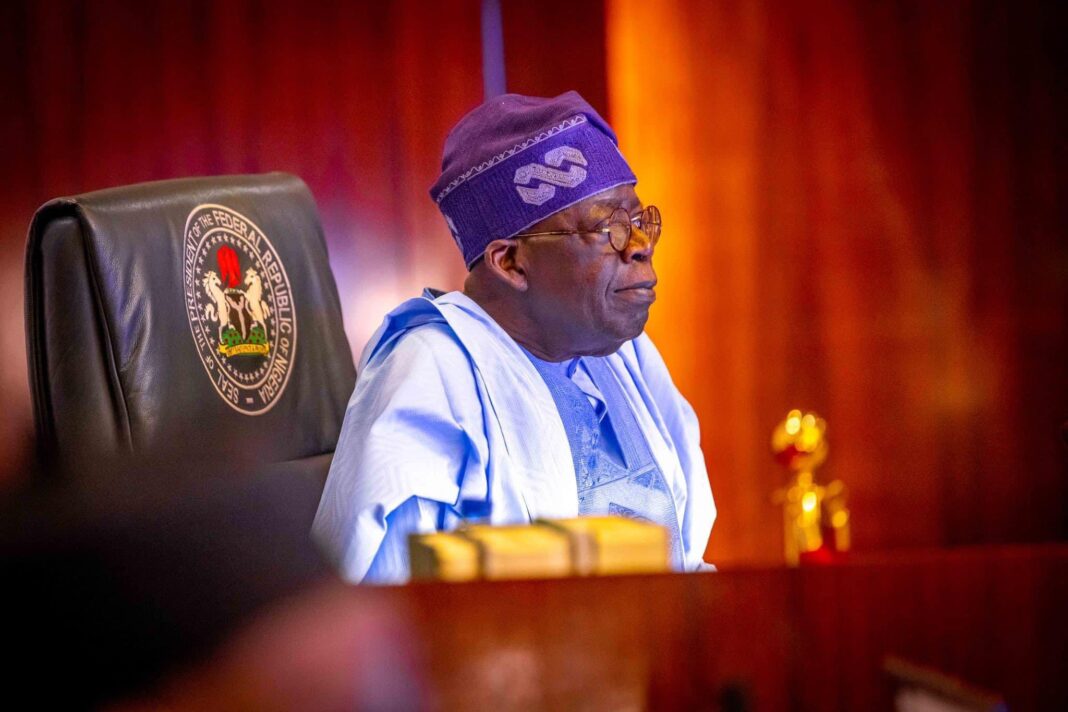The Federal Government, through the Ministry of Steel Development, has sought support from the World Bank for the development of a Steel Roadmap and other critical areas within Nigeria’s steel sector.
The Minister of Steel Development, Prince Shaiubu Abubakar Audu, during a meeting with a World Bank delegation at the Ministry’s headquarters, emphasised that as a vital sector for economic progress and industrialisation, it is imperative to develop a comprehensive roadmap to address existing challenges and pave the way for a sustainable future for steel in Nigeria.
He stressed that the need for a strategic plan for Nigeria’s steel industry cannot be overstated. With the right framework in place, the sector can unlock its full potential, create jobs, boost local production, and significantly contribute to the country’s GDP.
Prince Audu highlighted key areas that must be addressed in the roadmap, including:
Evaluation and determination of steel raw materials
Development of health and safety guidelines for the steel sector
Design and implementation of a national metal scrap policy framework
Establishment of a National Steel Laboratory for quality assurance
Development of an online portal for steel and other metal products imported into the country
The Minister asserted that focusing on these critical areas would create a conducive environment for the steel industry to thrive and compete globally.
In her remarks, the leader of the World Bank delegation, Noora Arfaa, affirmed the World Bank’s willingness to provide supervision and support for the preparation of a Steel Industry Roadmap for Nigeria.
ALSO READ: FOI Act: Appeal Court sets aside judgment striking out suit against CBN
She outlined the World Bank’s work programme and activity plan, which is set to begin in January 2025, with a roadmap expected to be drafted and adopted by August 2025.
Arfaa urged the Ministry to ensure the provision of the necessary data required by the World Bank, noting that the primary objective of the roadmap is to prioritise actions that will unlock investments across ETM (Energy Transition Minerals) and other critical mineral value chains.
This, she emphasised, would drive economic diversification, inclusive growth, and
sustainable development.









